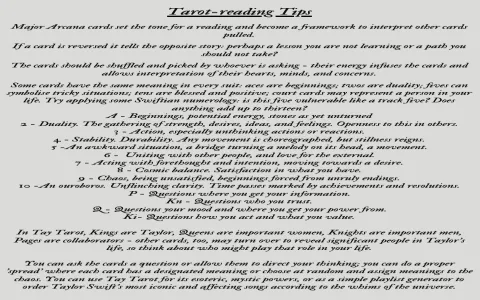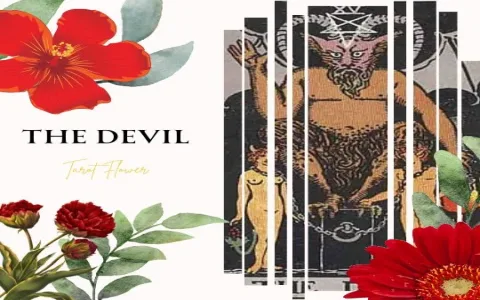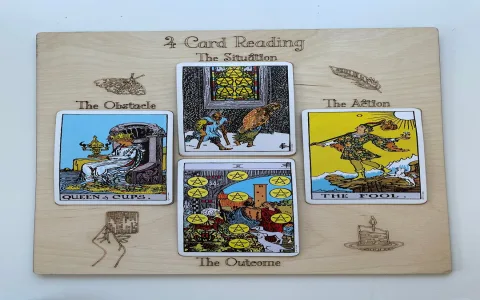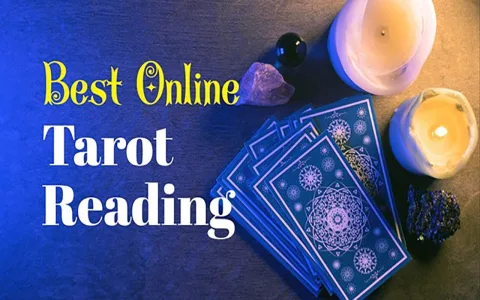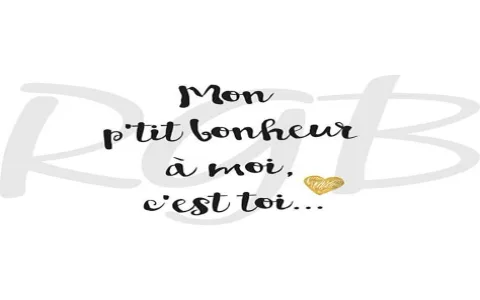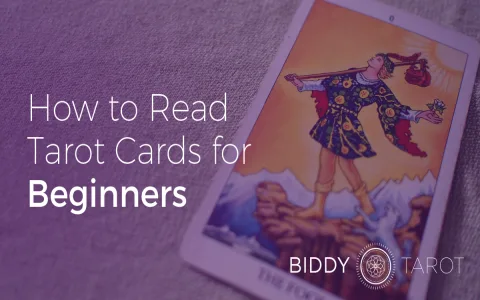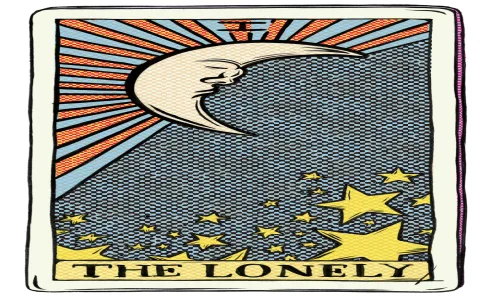Man, trying to name a Tarot study group is a headache. I’ve been running groups, stopping them, and restarting them for ten years now, and every time the first hurdle is always the same: picking a name that doesn’t sound like a bad 1990s witchcraft movie. People think they need to sound “mystical,” but what they end up with is usually just mushy and vague.
Most groups just grab the usual suspects. You see the “Celestial Seekers,” the “Mystic Moons,” the “Silver Crones.” And let me tell you, those names attract the kind of people who think reading Tarot means talking exclusively in flowery, meaningless metaphors. It’s too much fluff. My practice? It’s grounded. I wanted names that actually did something, not just sat there sounding pretty.
The Disaster of ‘The Harmonic Circle’
My last attempt, maybe three years back, we called ourselves The Harmonic Circle. Sounds nice, right? Wrong. The group imploded faster than a cheap tent in a hurricane. We had two members fighting over who got to call themselves the ‘High Priestess,’ one guy who only wanted to do predictive readings about his ex-girlfriend, and zero actual learning happening. It was a disaster, a total waste of six months.
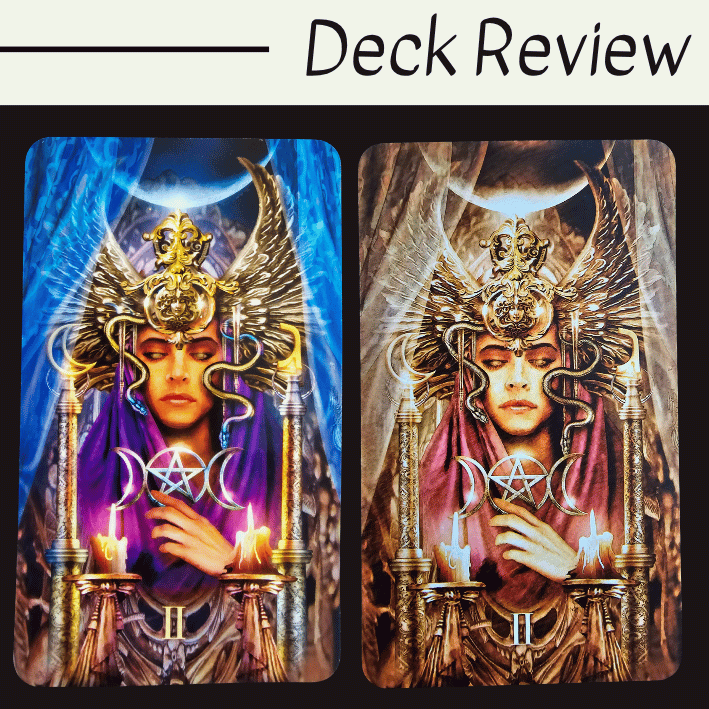
I realized the name was the problem. It was too vague. It attracted people looking for validation, not actual deep study. It made the vibe super cliquey and competitive. I shut the whole thing down, took six months off just focusing on my own spread work, and flat-out refused to start another group until I figured out how to filter the weirdos out right from the start. That filtering? It had to start with the name. Just like a good tech company knows their language stack dictates who they hire, my name needed to dictate who showed up.
Designing the Group Naming Protocol
I sat down one rainy weekend and started cataloging existing group names I found online and in my local community. I tossed them into different buckets, but not by how “mystical” they sounded. I sorted them by what kind of energy they demanded from the members. I realized there are four main styles, and the one you pick dictates the entire atmosphere of your practice.
My goal was to design a system where the name was a functional promise, not just a label. I wasn’t looking for beauty; I was looking for clarity. If the name suggests deep work, only those willing to do deep work apply. Simple.
I started generating names based on these four functional categories:
- The Academic Style: This is for people who treat Tarot like history class or philosophy. Names need to be structural and serious. I started hunting for obscure RWS references, alchemical terms, or specific deck lineages. Think names like The Major Arcana Workshop, The Hermetic Syllabus, or The Elemental Grid. These names immediately tell potential members: “No fluff allowed, bring your books and be ready to cite your sources.” This style demands intellectual commitment.
- The Action-Oriented Style: My current favorite. This style uses strong, purposeful verbs. It signals that we aren’t just meditating; we are doing the hard work of interpretation and integration. I scrolled through dictionaries for strong verbs related to insight, building, or anchoring—words like forge, anchor, illuminate, map, pivot. I generated names like The Insight Forge, The Anchor Spread, The Pivoting Point, or The Deck Mapping Collective. This sets the expectation: We practice, we don’t just talk about theory.
- The Place-Specific Style: This anchors the group to a specific location or shared cultural history, which automatically makes it unique and hyper-local. Since my new group meets near the old industrial river district, I drove around my neighborhood specifically looking for street signs, landmarks, and bits of forgotten local history. We generated names like The Confluence Readers, The Mill Street Oracle, or The Third Bridge Diviners. It ties the practice to the ground beneath your feet.
- The Esoteric Reference Style: This one is tricky because it skirts the edge of being too vague, but if the reference is obscure enough, it becomes a filter. This requires knowledge of Kabbalah, numerology, or specific occult history. I spent two days cross-referencing Golden Dawn diagrams and elemental correspondences. We generated names like The 777 Collective or The Four Worlds Study Group. Only people who already know what that means will apply, saving me the trouble of explaining.
The Implementation and Result
Once I had these distinct lists, I shared them immediately with three potential new members—the ones I knew were serious and hated the old ‘Harmonic Circle’ mess. I tested their reactions. When they saw the serious, structured lists, they immediately leaned in. When they saw the old generic names, they physically rolled their eyes and groaned. That told me I was finally on the right track.
We landed on ‘The Threshold Builders.’ It’s action-oriented, slightly esoteric, but mostly focused on growth and structure. Since we started using that name, the quality of applicants has shot through the roof. People who apply now already know they need to bring their A-game. They ask about deck assignments, not about crystals. We skip the petty arguments and dive right into cross-referencing Thoth with Marseille decks in our first session.
It sounds dramatic, but naming the group properly saved my sanity and actually made the practice sustainable. If your current group name isn’t actively filtering out the trouble, you need to go back to the drawing board. Don’t pick what sounds magical; pick what explicitly defines the hard work you intend to do.

